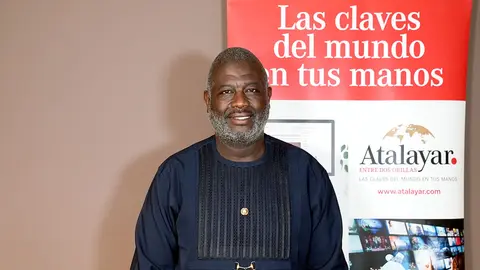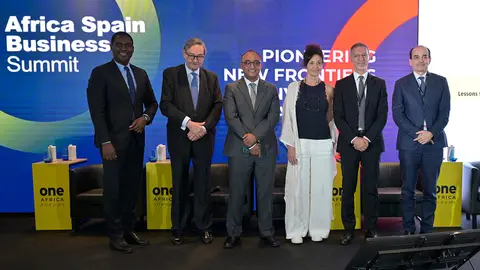"Nowadays there are many opportunities in Africa for investors, but you have to know how to look for them"
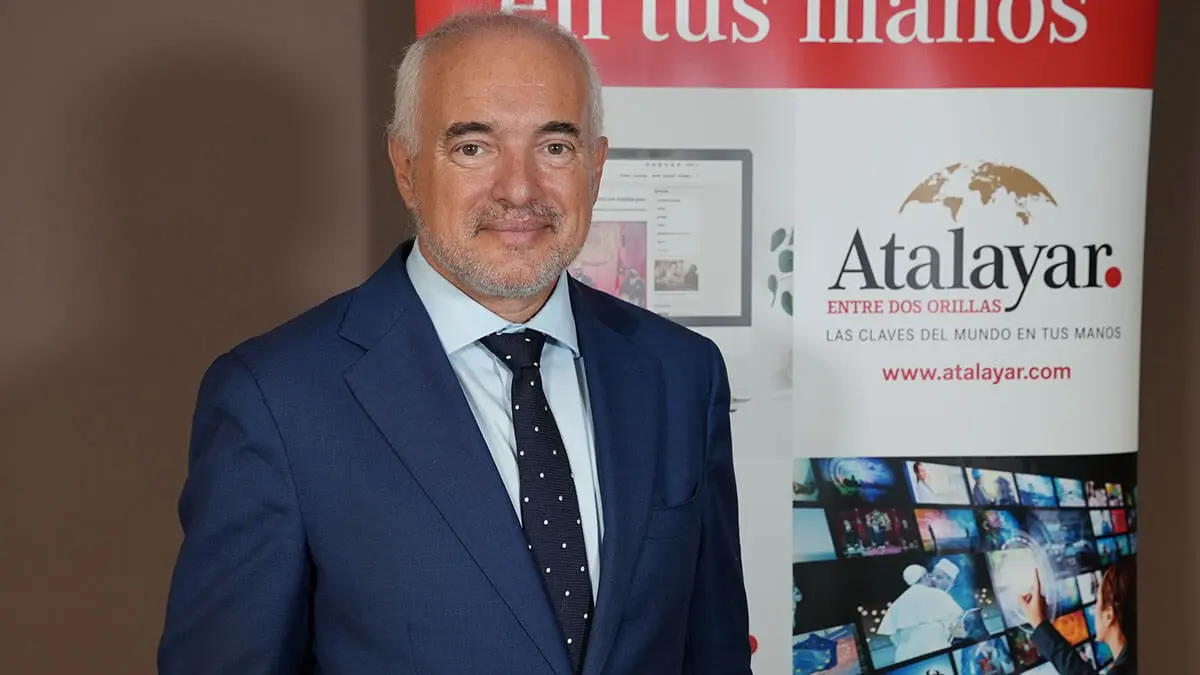
Albert Alsina, representing Mediterrania Capital Partners, participated in the round table dedicated to trade and investment opportunities in African countries, along with several ministers from African countries and representatives of international organisations, during the Africa Spain Business Forum event in Barcelona.
A year ago, we were able to interview you at the first edition of this forum in Madrid. Now we are in Barcelona, 12 months later. What can you highlight about the need, the objectives and the fruits of a forum such as the Africa Spain Business Summit?
I believe that this forum is fundamental to be able to arbitrate the real risk of investing in Africa with respect to the perceived risk, which are very different. Education and the sharing of knowledge with all investors, with the different actors on the African continent and with Spain, means that we can close this gap between perceived risk and real risk.
Do you think the consumer gets more negative news than positive news about Africa? What role do these types of forums play in encouraging that positive news that can encourage or convince Spanish investors to go to Africa?
Exactly, you are absolutely right. I think the key is not only to explain the misfortunes, but also the opportunities and successes that have been achieved in Africa.
The African continent has a negative side, which is that when something happens in one of these countries, it is as if it were happening in the whole continent. Sometimes we don't realise that what happens in southern Sudan and what happens in Morocco have nothing to do with each other, because they are completely different countries. The 54 African countries today have different growth prospects, different risks and different opportunities. So it is very important to understand this and it is also very important to explain the success stories. We, within Mediterrania Capital Partners, have several success stories. We have created two unicorns (unlisted companies with a valuation of more than 1 billion dollars): TGCC and Akdital, which are two companies in the Mediterranea Capital Partners portfolio. This means that investors can clearly see that there are many opportunities in Africa today and that you have to know how to look for them, know how to execute these investments and know how to find good partners to make this type of investment in the African continent.
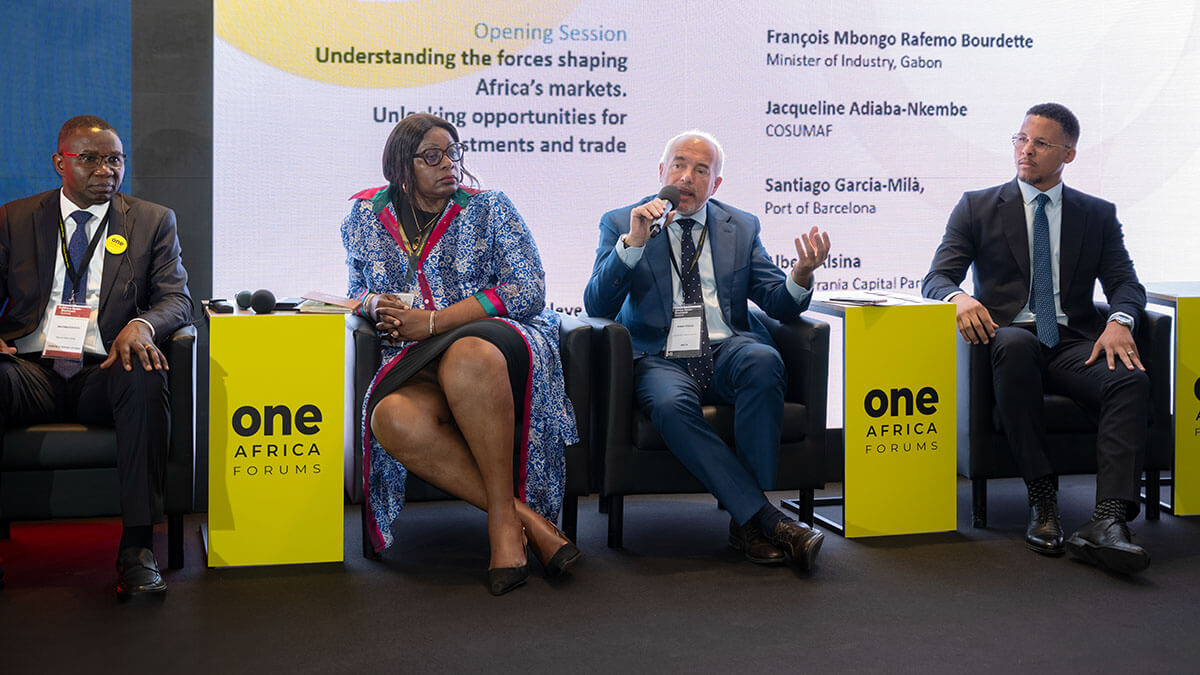
Can you give us some more information about these two unicorn companies? What do they do?
More than six years ago, we invested in a construction company called TGCC, Travaux Généraux de Construction, with an entrepreneur, Mr Bouzoubia, of excellent quality. With him, we made a strategic plan to develop the company in West Africa, entering Senegal, Ivory Coast and Gabon. We put the plan into operation, changed the governance structure, put directors, independent directors on the board of directors, implemented an ERP system, established a value creation model that has allowed the company to grow exponentially. This, together with the nomination of Morocco, Spain and Portugal to host the 2030 football World Cup, means that Morocco has a very important growth in the construction and infrastructure construction sector. We decided to take the company public in December 2021 and the company was oversubscribed more than 22 times. Investors in the Casablanca Stock Market have seen the potential and have made the share, which started at 130 dirhams, close to 330 dirhams now, and have not only multiplied their investment, but are part of a success story in Africa.
The second group has been the Akdital Group, a group of hospitals. We came in when they had five hospitals and about 400 beds. We looked at the development in Africa in terms of hospital services and saw that in OECD countries there were six to seven beds per 1,000 inhabitants, while in African countries there were only one or two, sometimes less than one bed per 1,000 inhabitants. We saw that there was a clear investment in such an important sector as healthcare. We invested in the Akdital Group and created a strategic plan for growth throughout Morocco, because that is where there is a very significant development gap. In these four and a half years we opened more than 17 clinics. We have now reached 23 clinics or hospitals throughout Morocco and we are in a process of growth in which we open a new clinic in a new city every month.
This has two implications. On the one hand, for the Moroccan people, we are increasing the quality of the health service, of the hospital levels, because all the hospitals are first class, with better equipment, with better ERP, with the best doctors, because we have also attracted many doctors from abroad to Morocco, who were working in France, in Spain or in England or wherever, who have seen that there is a group with a very good infrastructure and that has made them return to their country. We have generated not only quality jobs, but it is also a service to the population and we have offered this. And, on the other hand, we went public in December 2022 and a year and a half later the company has reached a market capitalisation of 1.1 billion euros. This means that the investors who have invested in us have seen a very important financial return and, additionally, we have created a social and economic impact in the country that was necessary, that makes us feel good and that improves the life expectations of that country.
Are efforts being made to overcome stereotypes about Africa and to encourage investment at source to avoid problems such as those caused by immigration in Europe?
We believe in job creation. At the moment we are employing 27,000 people in our companies. We have created more than 12,000 jobs and we are improving the lives of more than 100 million Africans. Now we have a new fund, the Mediterrania Capital IV Fund, with which we will be able to create another 14,000 to 15,000 additional jobs and eventually employ more than 50,000 people in Africa. This is key, because not only do we create wealth for our investors, but we create impact and wealth for the countries in which we invest. This is the solution to the immigration problem, without a doubt: to help them invest smart money, so that business projects are successful and so that job creation is additional to investment. After all, putting money to work creates more jobs and a better social life. Moreover, the jobs we have created are of high quality, with what is called "equal pay", and we have also implemented a "gender equality" programme, which means that we promote employment contracts for women that can be combined with family life. We also promote the entry of women into the management teams and on the boards of directors of the companies in which we invest.
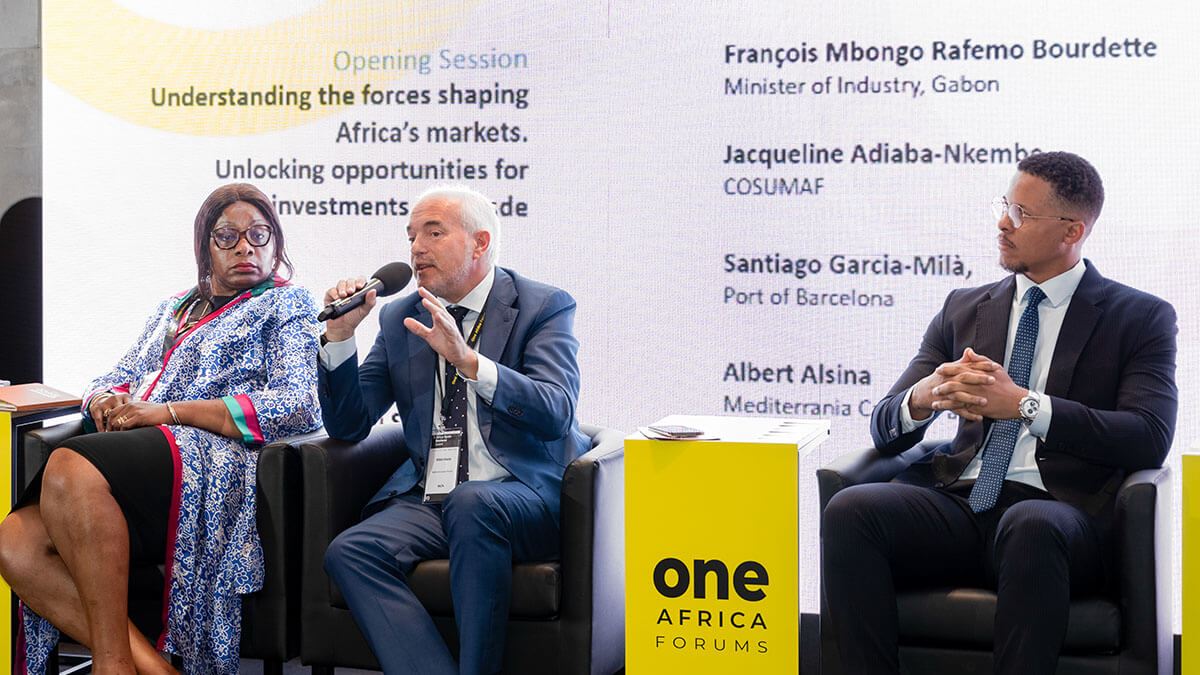
Training is also one of the keys to the future of Africa and the future of this collaboration between Europeans and Africans...
Absolutely. As part of our investment policy, we also invest in the education sector. We have a very important investment in one of the largest African universities, the UPM (Université Privée de Marrakech). We are also involved in the Casablanca International University and the University of Senegal. For us, a solid education is the key to human development in each of these countries.
In addition, we have also invested in what are called K-12 schools, under 12 years old: we have built a group of five schools that offer the British, French and Spanish diplomas. This allows us to give Africans access to European universities, so that this training is constant and permanent.


